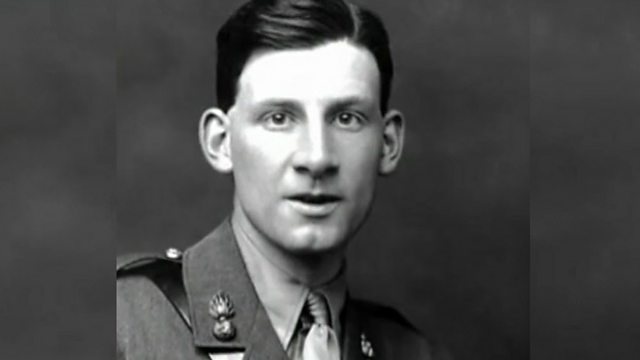Weirleigh, Kent: War Poet Sassoon’s Childhood ��������
The patriotic war poet who soon became an objector to WW1
The famous war poet, Siegfried Sassoon was brought up outside Brenchley in Kent at Weirleigh where he spent most of his life with his mother until his late 20s. His father left and then died when he was still a boy.
Memories of his childhood home often feature in his poetry from the front where he contrasts the monochrome bleakness of the trenches with the vibrancy of the garden where he played with his two brothers.
He was a Kentish man who loved the countryside and fighting for its quintessential Englishness was, according to his biographer Jean Moorcraft Wilson, what motivated him to volunteer three days before the outbreak of war.
To begin with, Sassoon demonstrated a patriotic fervour but later he spoke out against the war after he witnessed the high number of casualties in the trenches. Sassoon’s younger and favourite brother Hamo also died, on a hospital ship returning from Gallipoli and for whom he wrote the poem ‘To My Brother’.
Sassoon himself was wounded several times and won the Military Cross for saving a fellow officer but his pacifist views were an embarrassment to the military who sent him to a psychiatric hospital in Scotland, where he met and inspired fellow poet Wilfred Owen.
Sassoon denied the authority’s claim that he was suffering from shellshock.
Actor James Wilby played Sassoon in the film based on Pat Barker’s book Regeneration, which is about this time in the poet’s life. He reads several poems which illustrate the power of Weirleigh whilst Jean Moorcraft Wilson explores Sassoon’s complex and contradictory character.
Location: Brenchley, Kent TN12 7DU
Image: Siegfried Sassoon, courtesy of Getty Images.
Duration:
This clip is from
Featured in...
![]()
Conscientious Objectors—World War One At ��������
The individuals who made a stand against conscription
![]()
Arts & Media
The impact on arts, literature, poetry and journalism
![]()
�������� Radio Kent—World War One At ��������
Places in Kent that tell a story of World War One
More clips from World War One At ��������
-
![]()
The loss of HMY Iolaire
Duration: 18:52
-
![]()
Scotland, Slamannan and the Argylls
Duration: 07:55
-
![]()
Scotland Museum of Edinburgh mourning dress
Duration: 06:17
-
![]()
Scotland Montrose 'GI Brides'
Duration: 06:41








